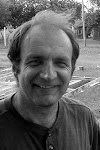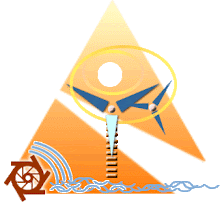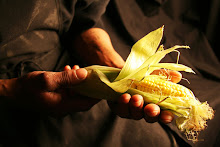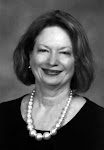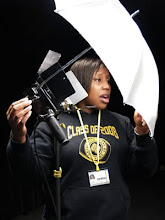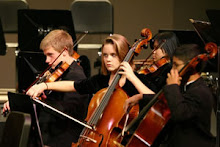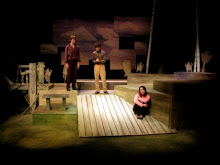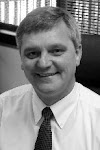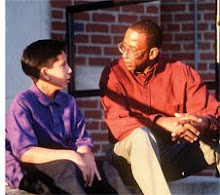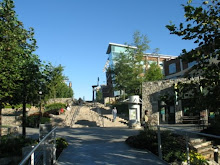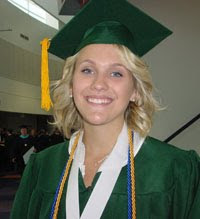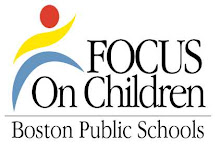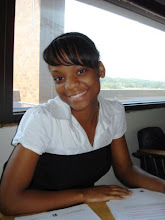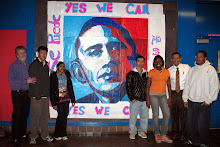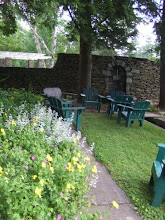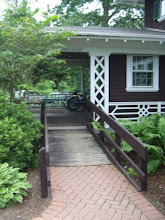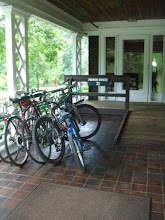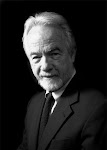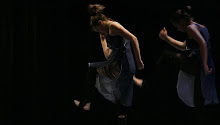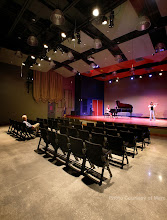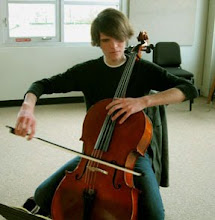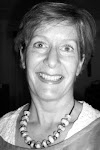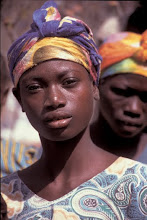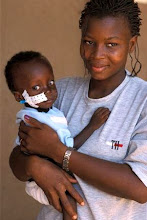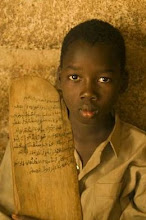 MA- Environmental Education, Goddard College
MA- Environmental Education, Goddard CollegeMA - Photography - Wesleyan University
BA - Literature -Wesleyan University
"Learning to live sustainably is about learning to think sustainably," accoring to SolarQuest co-founder Allan Baer. Baer has worked tirelessly to promote climate change education and renewable energy resource development for nearly two decades around the globe. In 1996 he joined President Clinton's challenge to the United Nations to "to use the sun's energy to reduce our reliance on fosil fuels by installing 1 million solar panels on roofs around our nation by 2010." He collaborated with the Clinton Admininistration to install solar energy systems in America's public schools; co-sponsored the President's Council on Sustainable Developmment's National Town Meeting for a Sustainable America and the National Youth Roundtable, representing the voice of American youth for the 21st Century. Baer also co-sponsored Village Power 2000, a White House Milenium Council project to install solar energy systems in public facilities in Uganda and Tanzania.
SolarQuest established the first "deep-rural" solar-powered education tele-center under the G-8 Mandate for universal service in the Amazon Rainforest in collaboration with the White House Milenium Council and American Electric Power. They participated in solar powered rural Information and Communication Technologies (ICTs) in Honduras, Guatemala, Venezuela, Bhutan, Ecuador, and Peru. SolarQuest has worked in the Galapagos Islands in collaboration with the E8 Network for Expertise on the Global Environment, the United Nations Foundation, and the Government of the republic of Ecuador. SolarQuest began the ACTS and Green Earth Program in 2004.
Baer is currently working under a $1.5 million National Science Foundation grant to develop a middle school ITEST Project called Middle Schoolers Out to Save the World (MSOTSTW), in collaboration with Texas A & M University, which focuses on teaching children to use energy monitoring equipment in diverse home and community settings. The methodology is being developed as a template for energy conservation education. By participating in a SolarQuest, students around the world are taking the lead in powering the 21st Century with clean, renewable energy resources, which reduce greenhouse gas emissions and global warming. SolarQuest schools and distance learning programs are currently operating in Australia, Butan, Bolivia, Canada, Egypt, Equador, India, Mali, Mexico, South Africa, Turkey, Uganda, and the United States. Baer is also working to start a private alternative energy technology college in Massachusetts. To learn more go to: http://www.solarquest.com/









